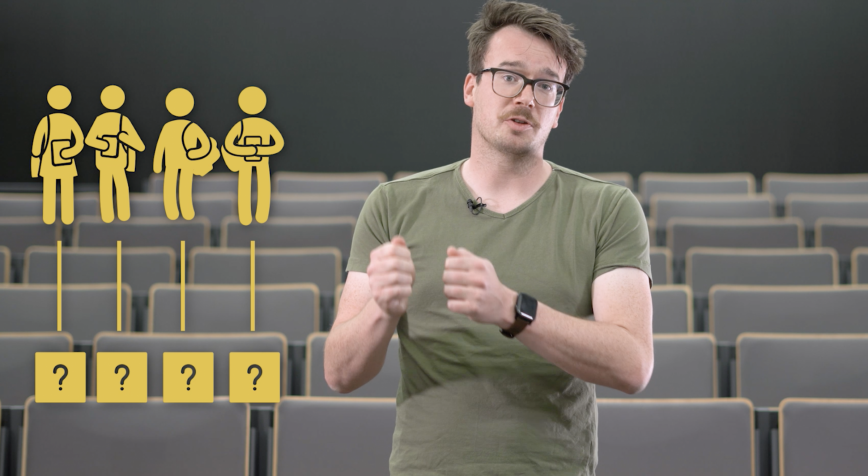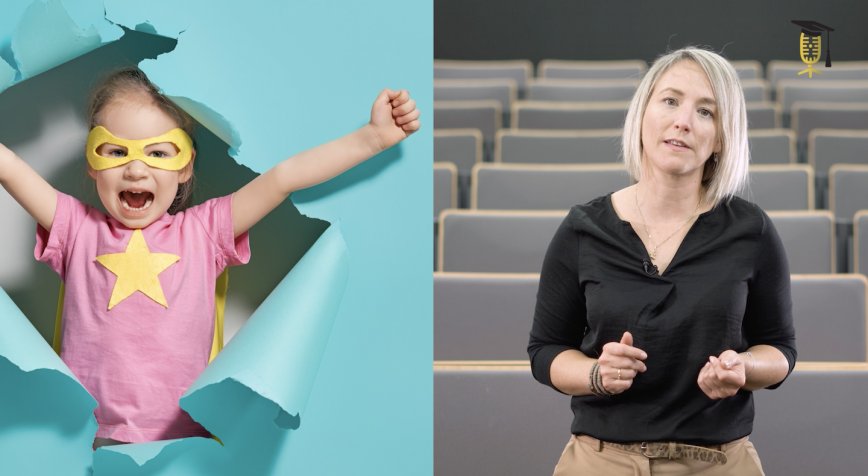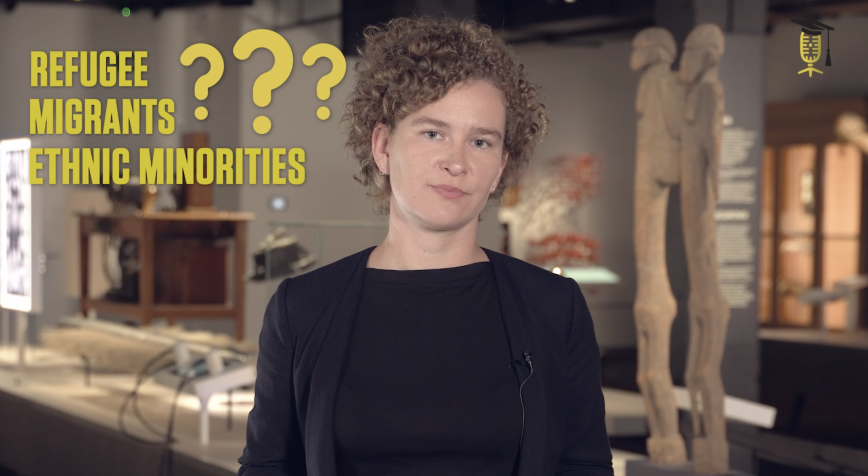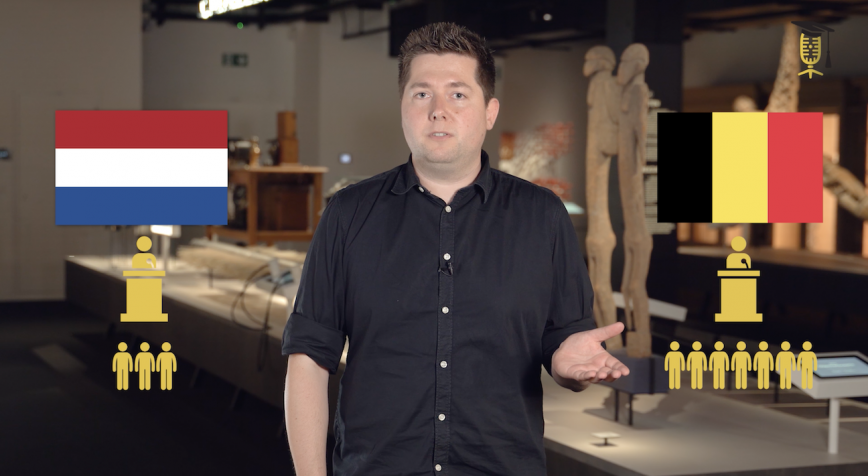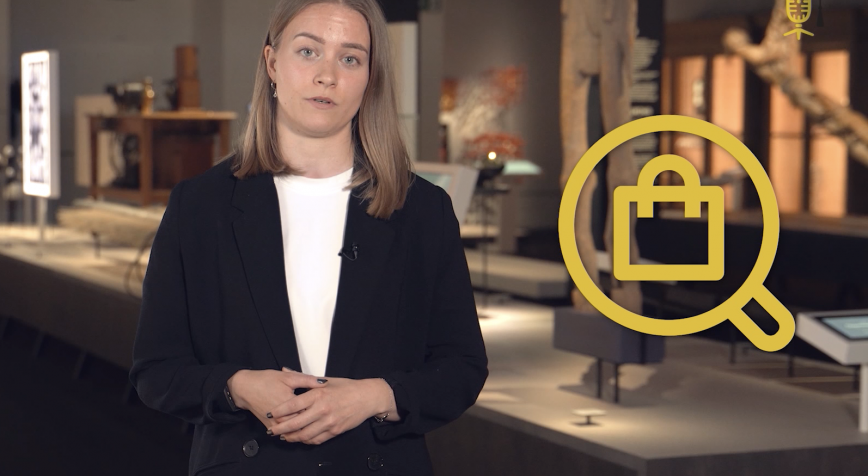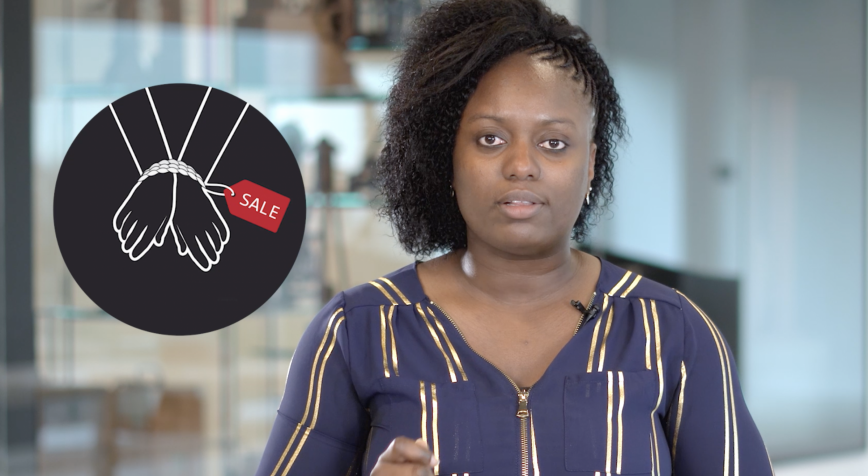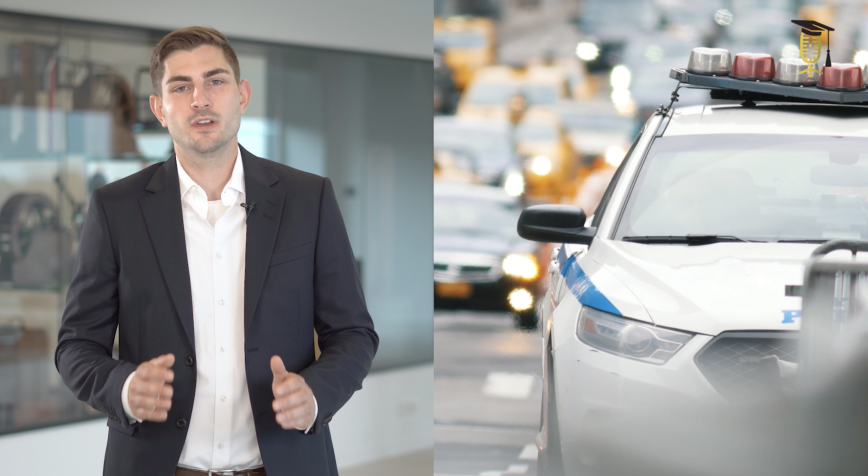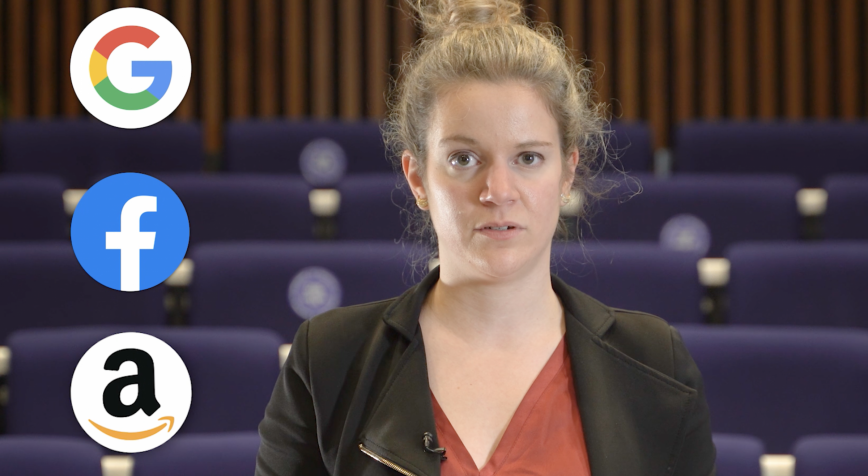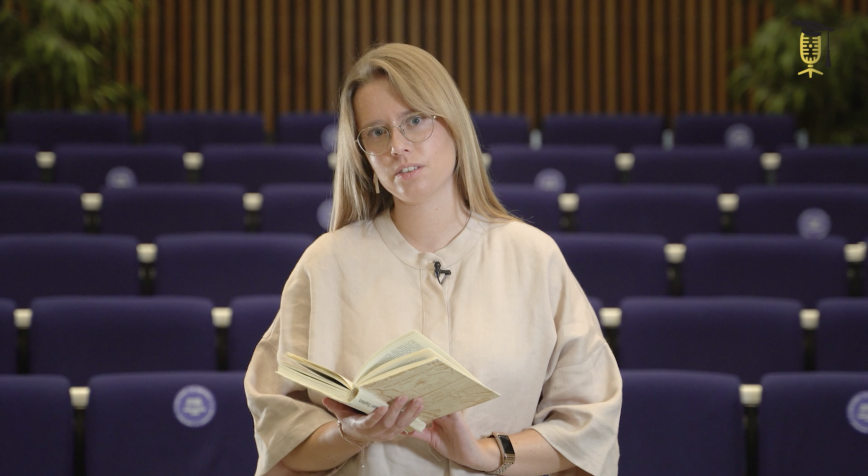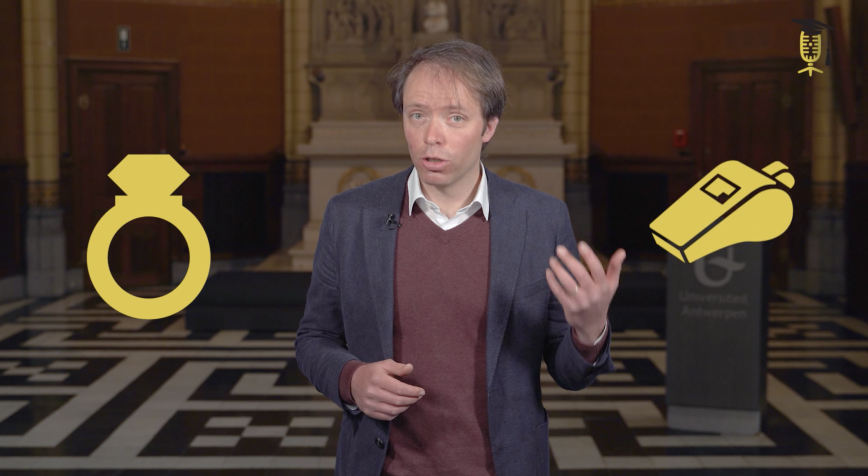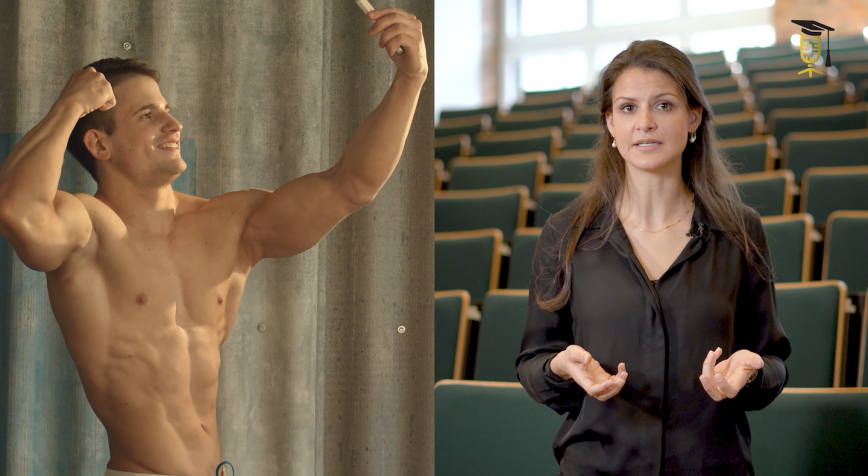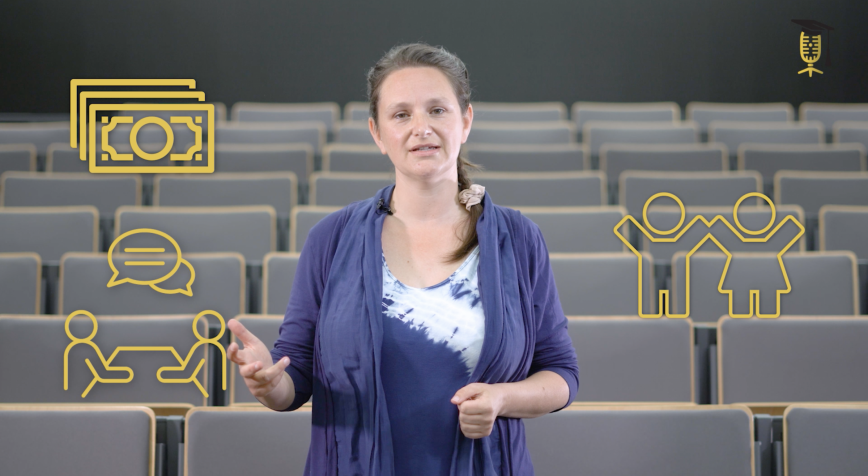
Arteveldehogeschool
Scheidingskoffer.be helps you through a challenging time
How do you tell your child that you are getting a divorce? How do you arrange parenthood? And how can your child best organise his/her life in two houses? There is a lot to deal with when you get divorced. In order to support parents and children, Liesbet De Lepeleire and her colleagues developed 'scheidingskoffer.be': a Dutch website with an answer to almost all your questions.
